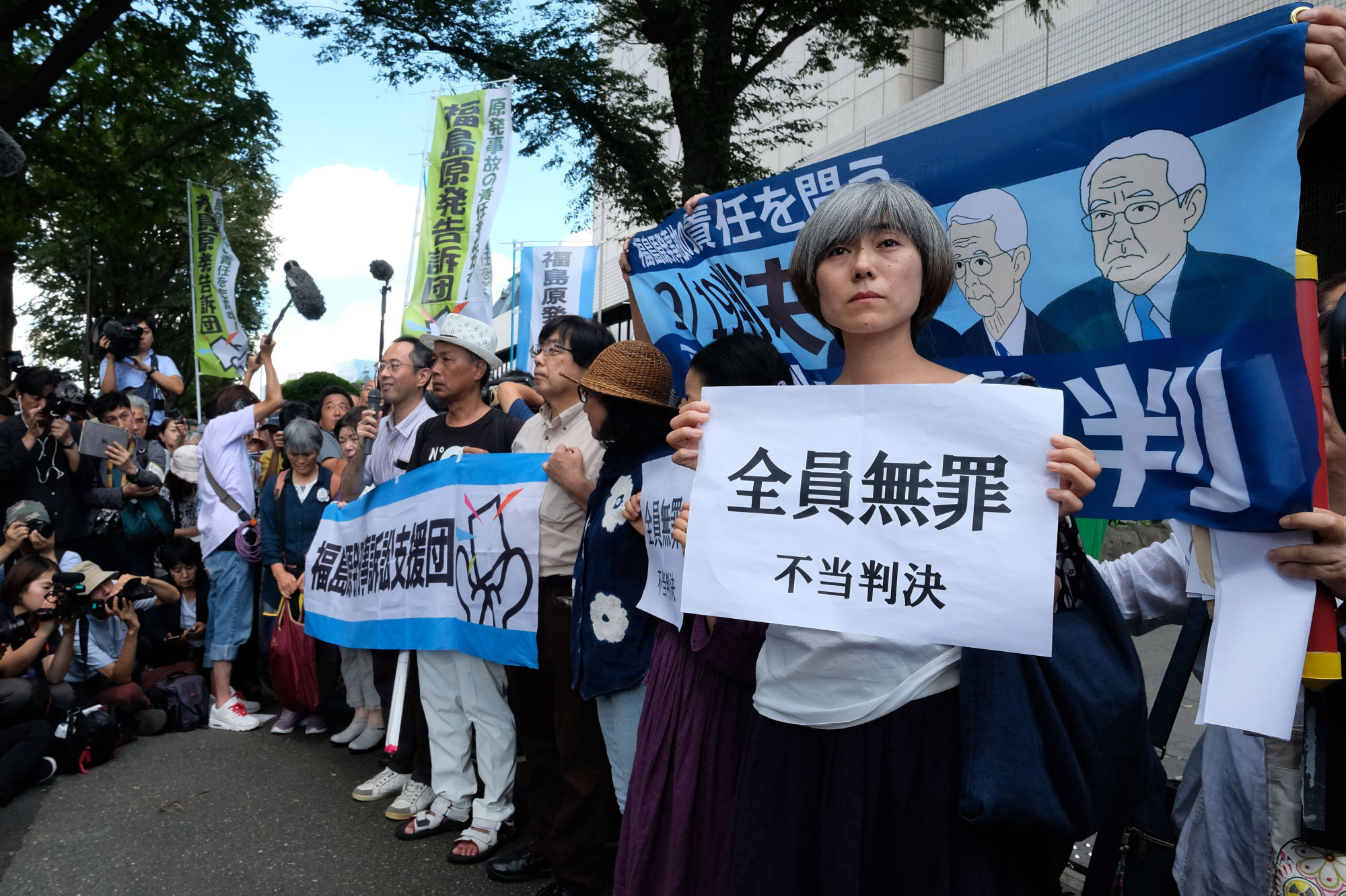In 2012, six scientists were convicted of manslaughter by an Italian court. As members of a governmental risk assessment commission, they had misread the significance of small tremors shaking the Abruzzo region in 2009. Their conclusion that they did not presage a larger quake to come were allegedly why the town of L'Aquila was unprepared for the powerful earthquake that struck in the early hours of April 6, 2009. More than 300 people died. Had the scientists not been so sanguine, went the court's reasoning, precautions might have been taken.
This verdict from another earthquake-prone country might seem a useful contrast to the Sept. 19 acquittal of three former executives of Tokyo Electric Power Company (Tepco) for "causing death or injury through negligence in the pursuit of social activities," under article 211 of the Penal Code. According to the prosecution, the three knew a tsunami could overwhelm their nuclear power plant at Fukushima (as happened on March 11, 2011), but failed to take suitable precautions. The plant's failure necessitated the evacuation of a nearby hospital and elder care facility. In the chaos, 44 people died supplying one of the necessary elements of the crime.
The acquittal was predictable. This may seem odd to those familiar with the Japanese criminal justice system's infamous conviction rate of 99.9 percent. But the case was a rare anomaly: A case Japan's public prosecutors didn't want to bring; so they didn't.



















With your current subscription plan you can comment on stories. However, before writing your first comment, please create a display name in the Profile section of your subscriber account page.